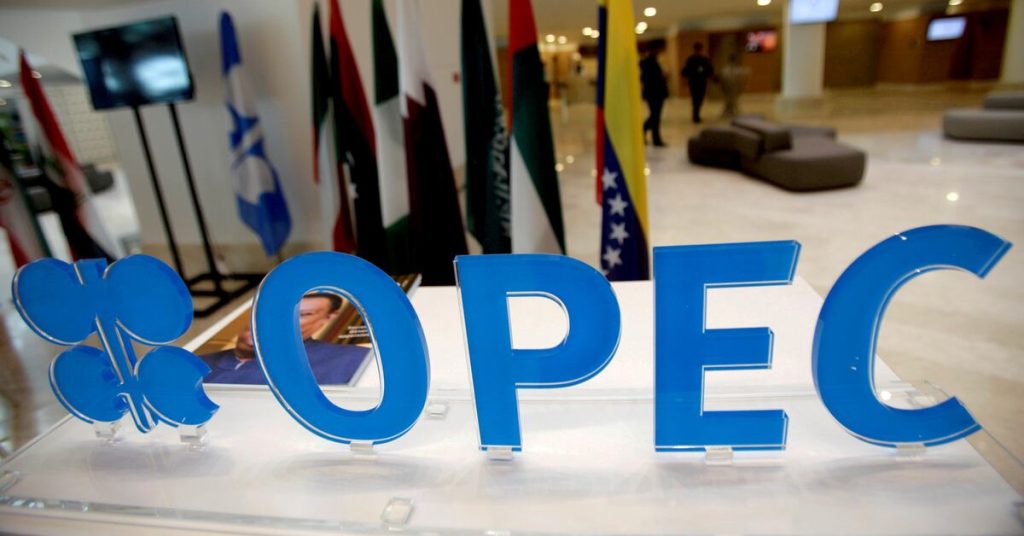The Secretary General of the Organisation of Petroleum Exporting Countries (OPEC), Haitham Al Ghais, has attributed the primary cause of fuel price hikes to tax imposition by major oil-consuming countries rather than oil prices.
His comments, disclosed in a statement, come as Nigeria has experienced several fuel price hikes in the past year, with the most recent one occurring on Monday.
The Nigerian National Petroleum Company Limited (NNPCL) announced an additional pump price increase in its retail outlets, ranging from N950 to N1,019.22 per litre.
Al Ghais explained that the prices paid by consumers are influenced by various factors including price of crude oil, refining transportation, marketing costs, oil company margins and taxes.
The Opec boss highlighted that revenues generated from oil sales are often reinvested by oil-producing countries into the oil sector, with OPEC member countries directing a significant portion of their revenue toward exploration, production, and transportation projects.

In contrast, Al Ghais pointed out that governments of consuming countries receive substantial revenue from taxes imposed on petroleum products. He noted that in 2023, the average share of total tax on the final retail price imposed by the Organization of Economic Co-operation and Development increased year-on-year and amounted to approximately 44%.
“Therefore, for many consumers, taxation can be a more significant factor than the original price for crude, in feeling any pinch in their pocket at the pump,” he stated
“It is a sovereign right for countries and governments to develop their taxation systems, but when there is talk of concerns about the effect of high pump prices on the disposable income of populations, it is important to remember how much of this is from taxes flowing to finance ministries around the world”, he said.


